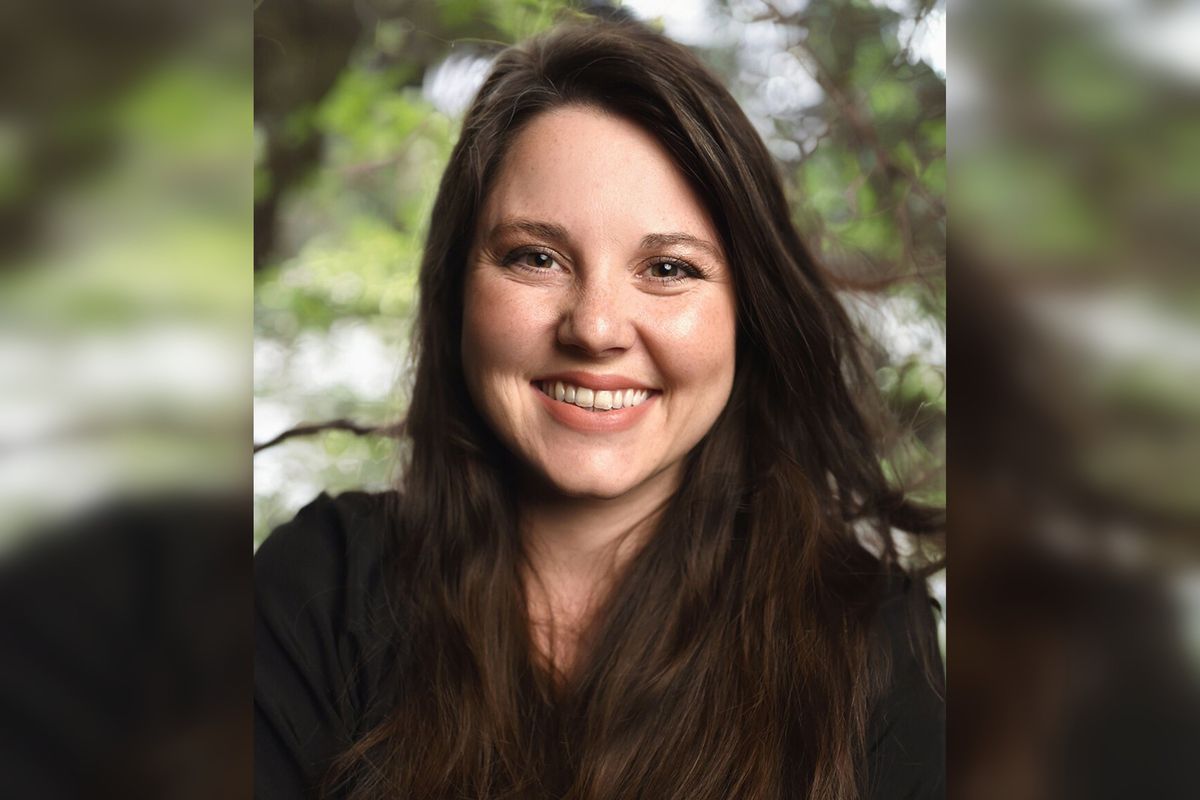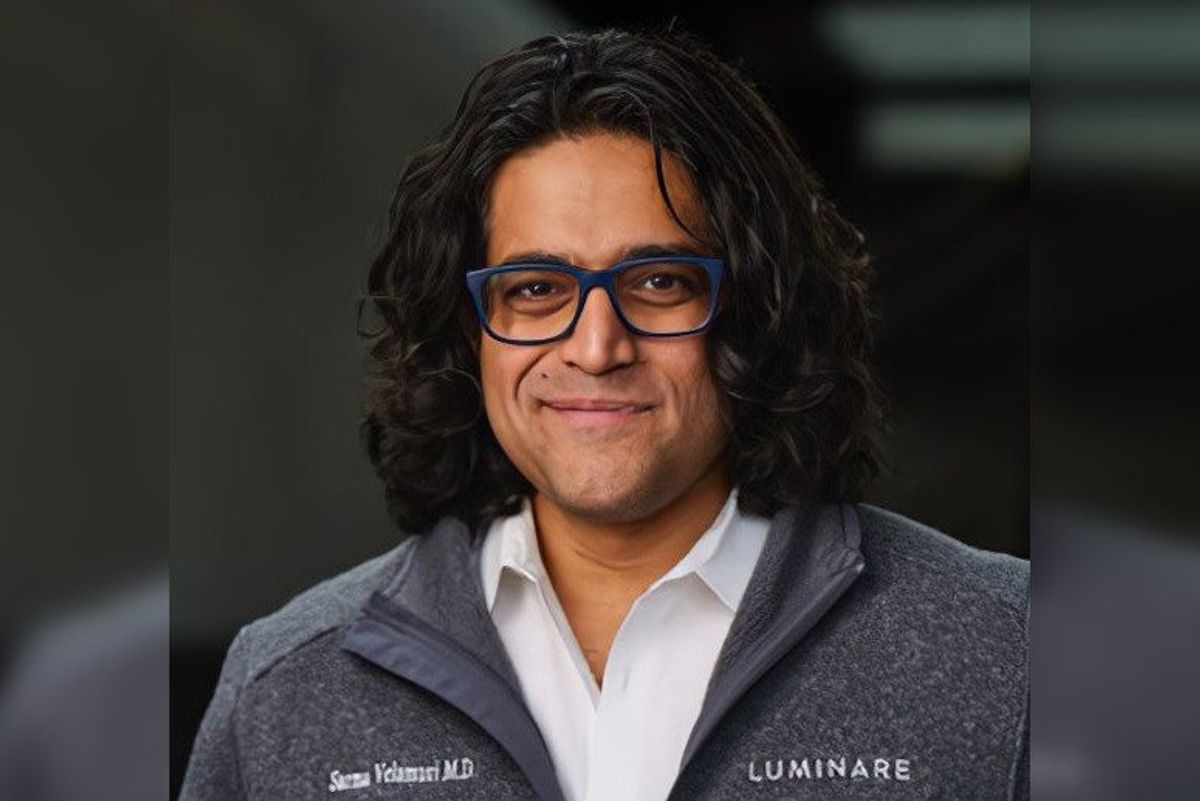Top innovation leaders talk Houston's strengths, weaknesses
finalists weigh in
The six finalists in this year's Ecosystem Builder category for the Houston Innovation Awards shared many reasons why Houston has been a great place for them to launch their startups.
Still, they've seen first-hand how Houston can grow and change to better support founders like themselves. We asked each to share their thoughts on the strengths and weaknesses of the local innovation ecosystem and about the roles they're playing in the scene's evolution. Scroll down to see what each finalist had to say.
Secure your tickets to the November 14 event.
What are the strengths of the Houston innovation ecosystem?
Adrianne Stone, founder of Bayou City Startups: "Outside of our obvious advantages in health care, energy and space technology I would say that our biggest strength is in the diversity of our community. Everyone brings such unique perspectives, experiences, and ideas to the table that it allows Houston to truly think outside of the box when we leverage that superpower."
Atul Varadhachary, managing partner at Fannin Innovation Studio: "The city benefits from its strategic location as a hub for various industries, including energy, aerospace and health care/biotechnology. This diversity of sectors fosters cross-pollination of ideas and expertise, promoting innovation in multiple fields. In the biotechnology field, the Texas Medical Center in Houston, is a major driver of intellectual capital and contributes to a highly skilled workforce. This potential has not been fully leveraged as yet, but I have seen and contributed to much progress over the last three decades."
Carlos Estrada, growth partner at First Bight Ventures and head of venture acceleration at BioWell: "Houston’s strengths lie in its diverse industries, from energy to health care to bioindustrial manufacturing and its academic institutions which nurture talent and innovation. A new wave of startup organizations also provides startups and SMBs with mentorship, funding opportunities, and critical networking connections. This combination of industry diversity, academic excellence and supportive organizations creates an ideal environment for startups to grow."
Jesse Martinez, founder and CEO of invincible: "The Houston innovation ecosystem continues evolving as it naturally pivots and iterates like a startup. We have a number of existing and new stakeholders who deeply care about Houston, as we all work together to make it a global tech hub destination. Through our SDOs, TMC, Houston Methodist, Helix Park, The Ion, NASA, our universities, and startup community leaders, it's all about us helping to connect the dots for our entrepreneurs so they may grow and thrive in Houston."
Juliana Garaizar, founding partner of Energy Tech Nexus: "Houston has the talent, the corporations and the great intersection of industries were innovations happen: energy, medical and space. Houston knows how to do hard things. We are doers, and we know how to build on our key strengths and are resilient when things don't go according to plan. Our geographic situation and our port make us a global hub and the most diverse city in the U.S."
Phillip Yates, CEO of Equiliberty Inc.: "I believe Houston's innovative ecosystem's greatest strengths reside in its diverse group of citizens and our healthy local economy, which includes the energy sector, medical, and aerospace industries."
What are the weaknesses of the Houston innovation ecosystem? Are you helping to make improvements to these weaker aspects of the community and, if so, how?
Stone: "The first thing that comes to mind is a lack of early stage funding for startups, especially for those with founders from underserved backgrounds. And the second thing is the sheer size of our geographic distribution makes it hard for folks to connect and those kismet collisions to occur. I'm working to improve this by inviting investors to our events, networking more broadly outside of the region and inviting folks to come back to visit, and by hosting a predictable recurring meetup every month so folks can get plugged into the broader ecosystem."
Varadhachary: "In the life sciences space, where I primarily play, our biggest challenge is that the early-stage drug development process is complex and requires direct product development experience. At Fannin, I have helped address this challenge by creating one of the largest talent development programs in the U.S., boasting over 350 alumni. I am especially proud of our alumni diversity — about half are women and most are BIPOC. Fannin draws from local institutions and major institutions across the country. Half of our alumni remain in Houston, many of whom, alongside students I’ve taught, have gone on to join or found startups. Other Fannin alumni have joined major companies around the U.S. and have often come back to help support our local ecosystem."
Estrada: "Houston’s biggest challenge is limited early-stage venture capital. To address this, I organized pitch events at WeWork Labs to attract outside investors and guided startups on how to raise funds while keeping their headquarters in Houston. Furthermore at Rice University’s Liu Idea Lab and Rice Alliance, supporting commercialization was key to launching more local scientist-entrepreneur-led startups. Through First Bight Ventures, I also support local startups like Via Fuels and attract outside startups to scale their manufacturing operations in Houston, further growing the ecosystem."
Martinez: "The current weaknesses of our current Houston innovation ecosystem is two-fold: We need true early stage capital (pre-seed and seed) to support our founders. We also need more incubators and accelerators across the Houston area to support our geographically disbursed founders and founders-to-be in The Woodlands, Katy, and Sugar Land, along with more in central Houston. At invincible, we are committed to helping support and champion our Houston-area innovation community by launching a Mom Tech Incubator (HERA), an early-stage fund, and an industry-specific venture studio. Long term, we will need a growth-stage fund to better support our local startups and those expanding here for strategic reasons."
Garaizar: "Although Houston has a lot of later stage capital, access to early stage capital is a weakness that we are trying to overcome with capital activation, formation and innovation finance. Although Houston is the most diverse city in the U.S. it is not the most inclusive and equitable, that is why I studied the gender gap in investing and launched initiatives like Portfolia or the Houston Equitable Energy Transition Initiative and I am part of the City of Houston's Women Commission."
Yates: "Houston has a problem with economic disparities, including income inequality, poverty, and lack of access to resources. These economic indicators create real barriers for some individuals to have meaningful access to the Houston innovative ecosystem.Through my work with Equiliberty and other non-profits, I have provided my time and resources to help build a more equitable ecosystem. Through the work I am doing with Equiliberty, Houston Area Urban League, Impact Hub and others, I believe we're making improvements to ensure that any person with a dream of changing the world can do it right here in Houston, Texas. We are all working towards the day when their ZIP code, education background or financial status will not be a determining factor."
- People's Choice: Pick your startup of the year for the 2024 Houston Innovation Awards ›
- 2024 Houston Innovation Awards names esteemed judges for annual program ›
- Nominations launch, tickets open for 2024 Houston Innovation Awards ›
- These 2024 Houston Innovation Awards finalists are hiring ›
- Top innovators: 2024 Houston Innovation Awards finalists revealed ›








 Apple doubles down on Houston with new production facility, training centerPhoto courtesy Apple.
Apple doubles down on Houston with new production facility, training centerPhoto courtesy Apple.

